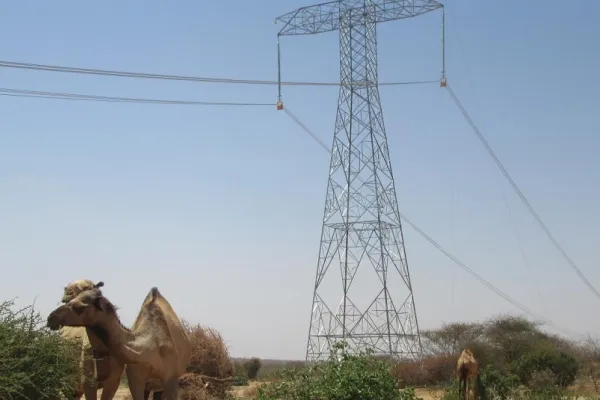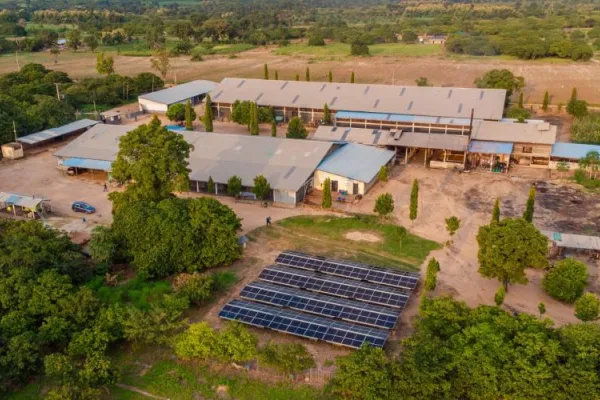Fintech, Cleantech top targets for Venture Capital investors in East Africa
Fintech, Cleantech top targets for Venture Capital investors in East Africa
A significant share of funding from venture capital investors across East Africa is going into startups in the fintech and cleantech segment.
According to the latest report by the East Africa Venture Capital Association (EAVCA), investment activity in the region is evenly balanced between these two sectors.
The report, which reviews venture capital financing for the 10 years ending June 2023, shows that funding for startups in the health and agriculture sector are closely following suit.
Visionary technologies
"Over the course of ten years, we have witnessed an unprecedented surge in investments that target innovative startups and visionary technologies," notes Joshua Murima, head of investor relations at Briter Bridges.
Additionally, new businesses within the digital logistics industry are attracting significant financing from venture capital investors. In the last 10 years to June 2023, venture capital investments hit $4.9 billion across East Africa, the report says.
"Equity stands out as the preferred vehicle for VC investments, and it comes as no surprise that over 72 percent (by volume) of VC transactions in East Africa are grounded in equity arrangements," the report reads in part.
Although equity investments dominate the field of VC funding, growth of debt investments has been rising, both in volume and activity for the past decade. Debt investments went up 39 percent annually between 2013 and 2023.

While fintech and cleantech continue to attract huge investments, there's a noticeable shift in the activity perspective within sectors. Startups in agriculture, health, and logistics are attracting financing, significantly diversifying the region's investment landscape.
What's more, education, e-commerce, and waste management sectors are also on the rise, reflecting East Africa's evolving investment priorities. Geographically, Kenya emerges as the leading destination for venture capital deals across various sectors. Neighbouring Tanzania follows closely particularly in sectors such as education, Software as a Service (SaaS), and cleantech.
Rwanda, too, makes a significant appearance in the health sector, largely attributed to the success story of healthcare logistics provider Zipline.
Innovative healthcare solutions
Valued at $4.3 billion, Zipline is a cutting-edge delivery startup that uses drones to transport healthcare products in Rwanda and four other African countries.
The company established its roots in Rwanda in 2016, subsequently expanding to Ghana (2019), Kenya, Nigeria, and Code Ivoire last year.
Zipline's achievements have thrust Rwanda into the global spotlight as a pioneer in innovative healthcare solutions, attracting considerable investor interest and bolstering the sector's visibility.
In April, the San Francisco-based company was raising $330 million in a new funding round to boost its growth.
"Private capital is now the dominant form of corporate deals in the region (excluding debt from commercial banks) owing to the long bear run in the public equity capital market and the collapse of the public debt capital markets following several bank and large retailer defaults," notes Edward Burbidge, CEO, I&M Burbidge Capital.
In the period 2013 to 2023, East Africa has seen a total of 427 investments valued at $7.3 billion and 51 exits of a total value of $1.3 billion disclosed.



